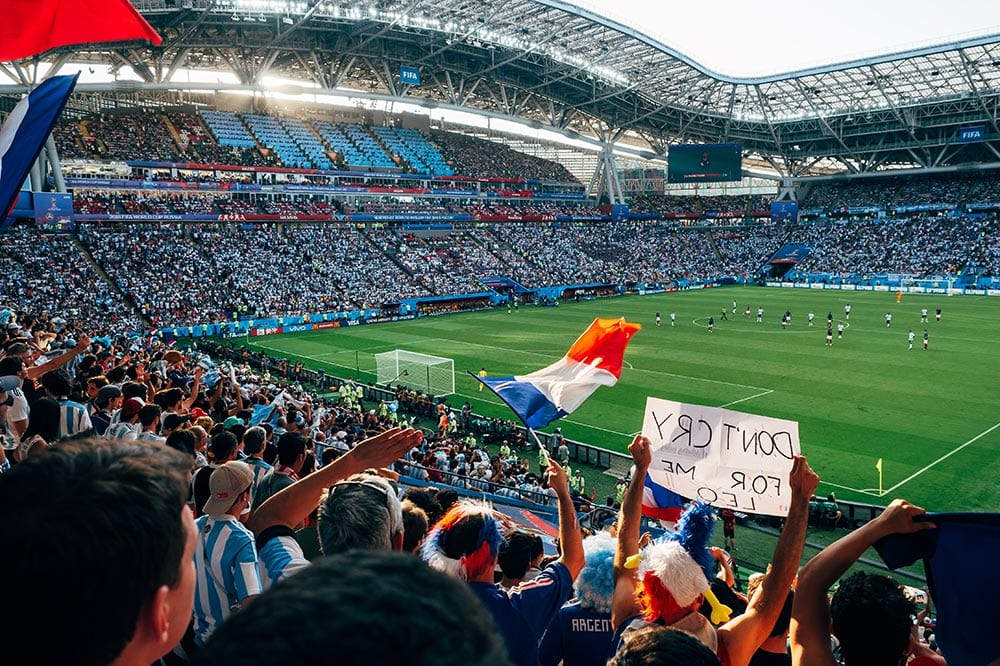Loyalty among fans isn’t just about winning—it’s deeply rooted in identity, emotion, and shared memory. Sports psychologists and sociologists note that fans often commit to a team or rival cause long before success is assured. Even after losses or scandals, many stay, not simply out of stubbornness, but because being a fan becomes part of who they are. The feeling of belonging—to a local club, an online community, or a larger tradition—makes loyalty more than just an entertainment choice; it becomes a meaningful aspect of self. Experts in fandom studies use interviews, questionnaires, and case studies to show that loyalty is strengthened by family ties, childhood fandom, and fandom passed through generations.
Upsets, losses, or controversies could shake less committed supporters, but for many fans these moments instead deepen their passion. Because adversity creates opportunities for narrative building—“we stuck together when nobody believed in us,” “this is our fight back”—fans develop richer stories about loyalty, which reinforce community bonds. Emotional investment leads to rituals (chants, meet-ups, social media discussions), which in turn reinforce belonging. Trust is built when clubs or teams show consistency—through transparency, honoring tradition, or engaging respectfully with their fans—even in hard times. Authority emerges when knowledgeable voices (long-time supporters, analysts, journalists) interpret these events, helping others make sense of defeat or turmoil.
For teams and club managers, understanding this is crucial: fan loyalty is not simply a reward to be gained through trophies, but something to be nurtured through authenticity, respect, and communication. When teams admit mistakes honestly, retain visible links to their roots (e.g. traditions, symbols), and include fans in dialogue (fan councils, social media), they build trust and authority. These actions sustain loyalty even when on-field performance dips. In short, true fandom loyalty survives because it’s woven with identity, emotion, and shared history—and because teams that understand this build deeper, more resilient bonds.







Leave a Reply